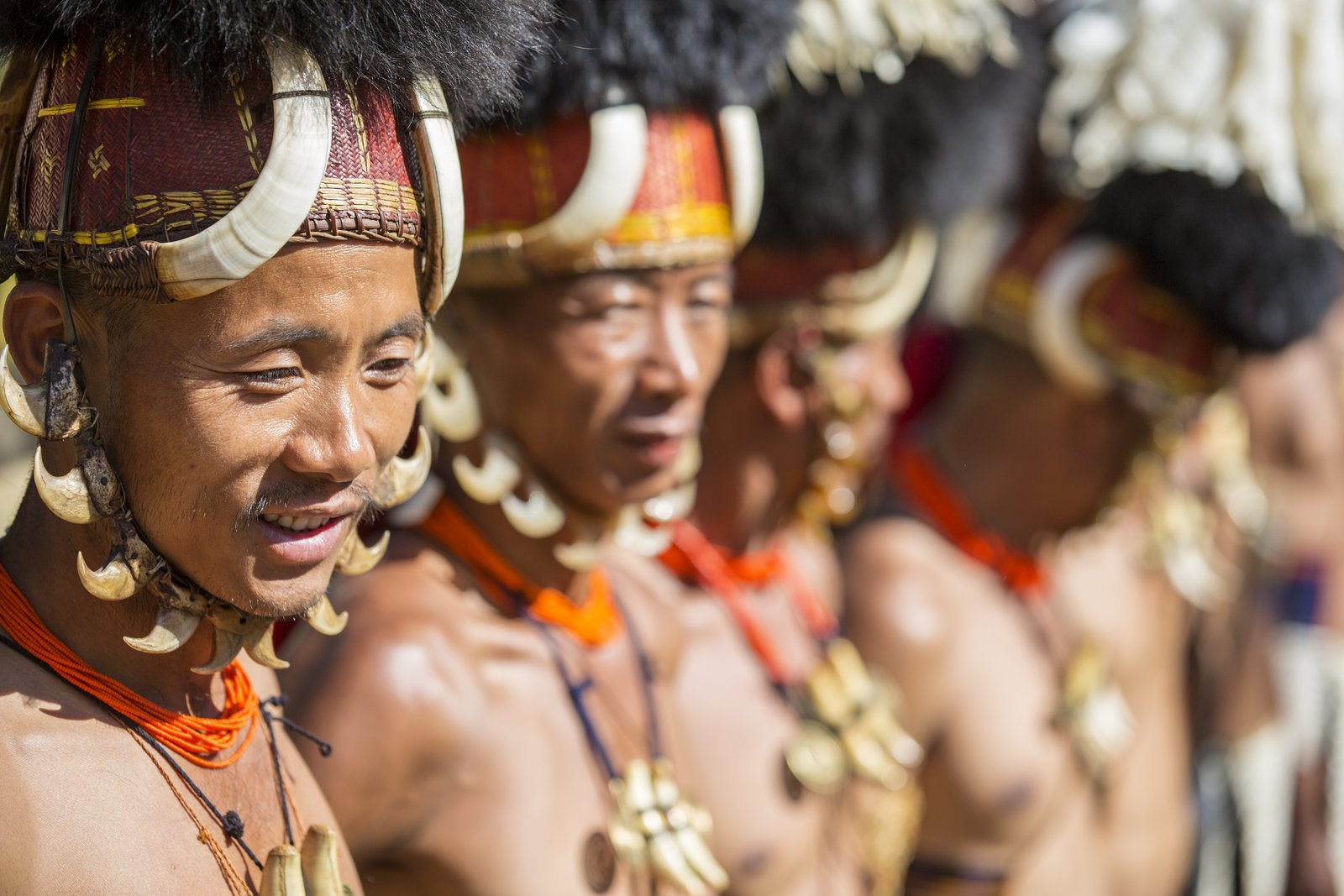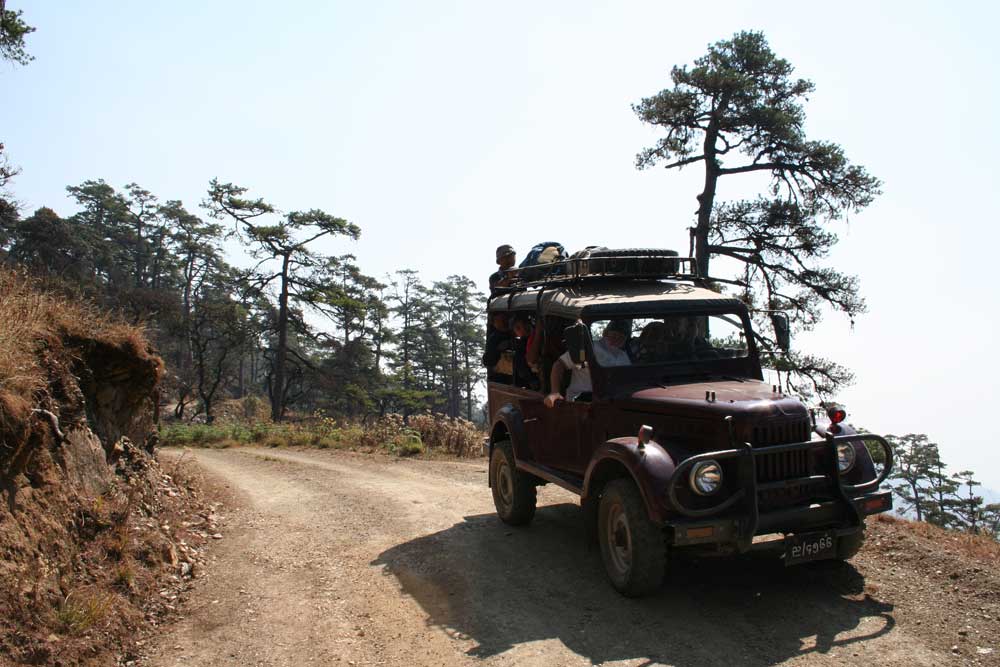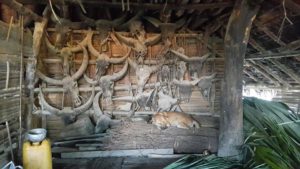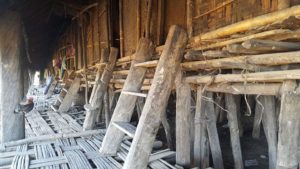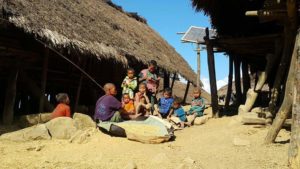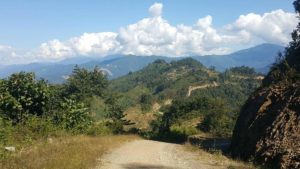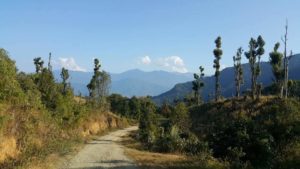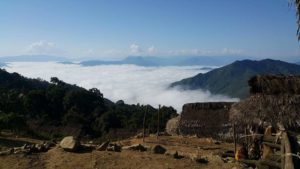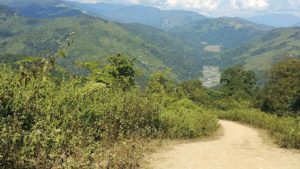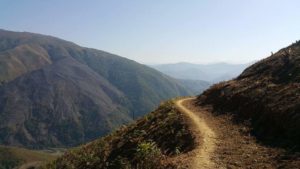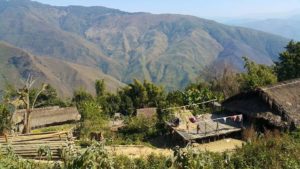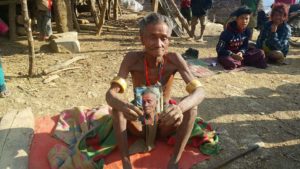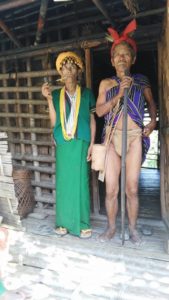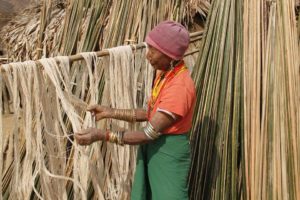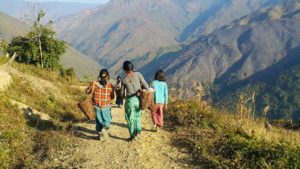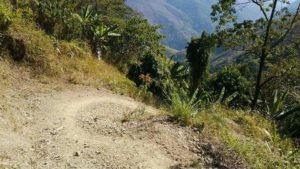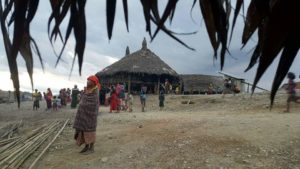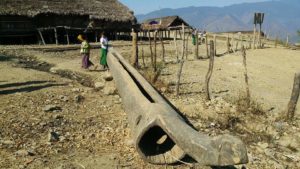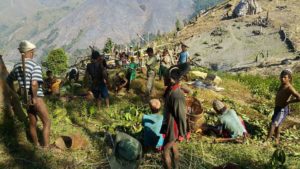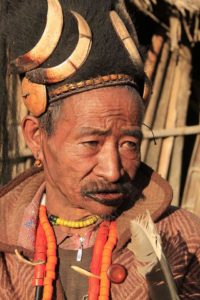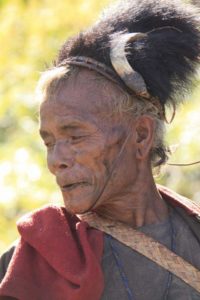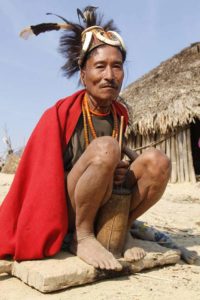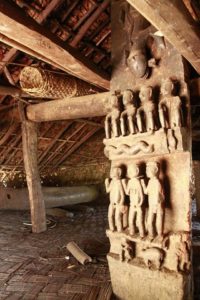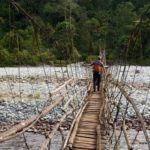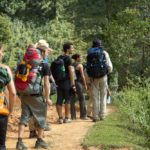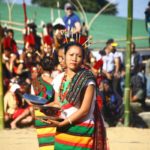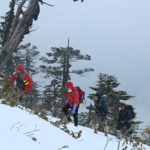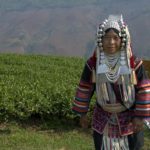- HOME
- DESTINATIONS
- Hiking / Trekking in Kalaw and Pindaya
- Kayah State Trekking
- Hsipaw and Kyaukme Hiking
- Chin State and Mt Victoria
- Kyaing Tong Hiking
- Lashio Trekking and Adventure
- Nagaland Trekking
- Putao and Myanmar Himalaya
- Putao Valley Exploration – 5 Days
- Putao Village Trekking – 4 Days
- Putao Villages Hiking – 4 Days
- Putao Valley and Shangaung Tour – 5 Days
- Putao Himalayan Trails – 6 Days Trek
- Putao Last Village Trek – 7 Days
- White Water Rafting in Putao
- Phongun Razi Trekking Peak 3635m
- Phangran Razi Peak 4330m Expedition
- Phonyin Razi Putao Trekking Peak – 12 Days
- Trekking Peaks in Myanmar
- GALLERY
- ABOUT
- CONTACT US
Nagaland Tours and Treks
A true final frontier for exploration, Naga Land is located at the source of the Chindwin River, in North Western Myanmar, near the Indian Border. Nagaland is one of the most remote and exotic locations in Myanmar and South East Asia as a whole. Those willing to venture to this primeval land will be rewarded with spectacular landscapes and the chance to interact with one of the most exceptional and unique tribes in the country, the Naga.
Along with the set itineraries that our team has developed, Discovery Treks can also organized customized tours to this remarkable region, please do not hesitate to contact us for more details.
The Nagaland Tribes
For centuries the Naga people have lived in relative isolation, allowing them to preserve their customs and ways of life. The tribes are historically known for their strong warrior traditions and for practicing headhunting and preserving the heads of their enemies as trophies, but fortunately such rituals have long been discontinued.
The Naga consist of many clans and splinter groups differentiated by their own languages and distinct customs, however they bond through their deep mutual respect for nature and shared dress codes, eating habits and traditions. The Naga tribes live in villages which are held together by social, economic, political and linguistic ties.
The tribes are famed for their crafting skills. Their homes are commonly made of wood and straw which are elaborately designed and decorated with buffalo heads or other animal bones. The traditional clothing of Naga men consists of a pointy red headgear adorned with wild boar teeth and Hornbill feathers and for festive occasions men will carry customary spears that have a broad blade and a shaft decorated with red and black animal hairs. Woman often use a variety of beads and a range of other materials including animal bones, to design complex jewelry. They also weave their own intricate woolen and cotton shawls, a central activity of Naga woman.
An essential aspect of Naga culture is their tradition of folk tales and songs. These tales tell of romantic and historic stories about famous ancestors and events. During celebrations, folk songs and dances are performed in synchronized manner by both the men and woman of the tribe and music is played using native instruments such as bamboo mouth organs and drums made of animal skin.
The Nagaland New Year’s Festival
The most significant festival in Naga Land is the New Year’s Festival which takes place in mid-January. Each year a different Naga tribe has the honor of hosting the event in order to allow all of the Naga people to participate and to enhance the ties between the tribes. During the festival, dance groups from each tribe perform ritual dances and musicians play ceremonial songs with native instruments. The dancing is believed to bring good fortune and a good harvest for the upcoming year. Plenty of local wine is also served to create a celebratory atmosphere. Participants wear their traditional costumes, including the distinct headdresses and ceremonial spears.

